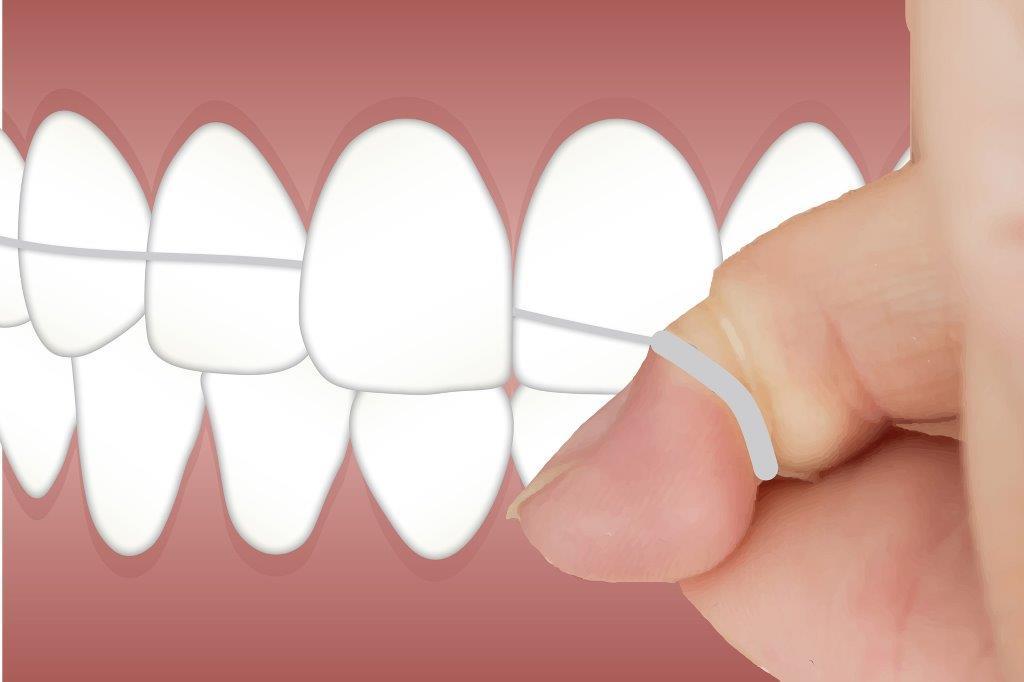During pregnancy you may face new health challenges. Many of these this will go once your baby is born. When it comes to your oral health the problems you may face while pregnant should not be overlooked, as they could cause further issues later for you or your baby.
Finding a dentist

If you do not have an NHS dentist the following will allow you to find a local dentist by entering your post code:
- England (Alternatively, call NHS England's Customer Contact Centre on 0300 311 2233. This number will take you to general enquiries, who can help.)
- Scotland
- Wales
- Northern Ireland
Oral health treatment
Visiting your dentist regularly is very important during pregnancy, as decay and gum problems are much easier to treat if found early.
You can have free dental treatment during your pregnancy and up to 12 months after your baby is born.
You will need a MAT B1 form or maternity exemption certificate to qualify for free treatment, you can get this from your midwife or health visitor.
It is generally safe for you to use antibiotics and common painkillers such as paracetamol when you are pregnant. You should always speak to your doctor before taking any new medication.
Gum disease and bleeding gums
Your changing hormonal levels during your pregnancy causes your body to react differently to bacteria on your teeth (known as plaque). This can lead to swollen and bleeding gums, a condition called pregnancy gingivitis and even more serious forms of gum disease such as periodontitis.
There is evidence of links between gum disease and pregnancy issues such as:
- Pre-eclampsia
- Premature birth
- Giving birth to an underweight child
If you are pregnant do not ignore any early signs of gum disease and get checked out by a dentist straight away.
Treating gum disease
If you have signs of gum disease, this can be treated perfectly safely during your pregnancy. The treatment involves a dental health professional performing a deep clean under the gums to remove any bacteria. You may experience slightly sore gums which you would face even if you were not pregnant.
Prevention
A good oral health routine should involve brushing last thing at night and at least one other time during the day with a fluoride toothpaste. You should also visit the dentist regularly, which is free under the NHS if you are pregnant. Also daily using dental floss and other types of brushes for in between the teeth (known as interdental cleaning).


Diet
Cutting down on how often and how much sugar you consume can reduce your risk of tooth decay and is also beneficial to many other areas of your health. Switching to fresh fruit and vegetables is a great way to look after both you and your baby.
There’s more information on diet in our healthy eating pages.
Anaesthesia and X-rays
Always tell your dentist if you are pregnant, especially if there is a chance you will need an X-ray or anaesthesia.
X-rays are very low doses of radiation and during pregnancy carry a minimal risk of exposing the unborn baby to radiation. For this reason, your dentist will usually wait until your baby is born.
